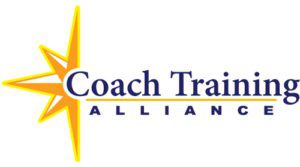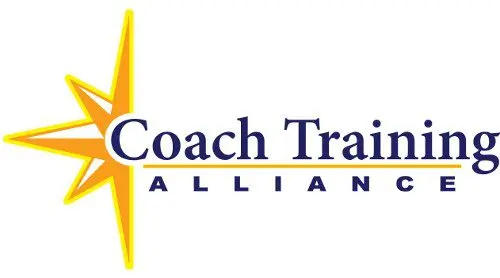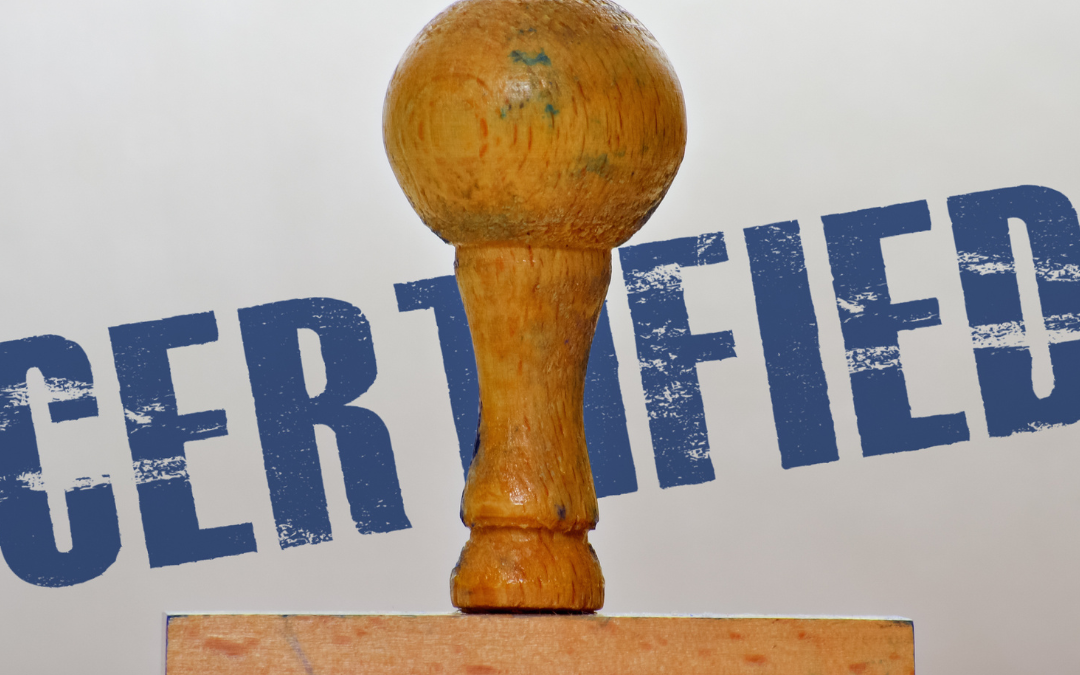The journey to becoming a certified life coach is a transformative path that not only enhances your ability to support others but also deepens your understanding of yourself. Certification is a crucial step for anyone looking to pursue life coaching professionally, ensuring that you have the necessary skills, knowledge, and ethical grounding to make a significant impact in the lives of your clients. In this comprehensive guide, we’ll walk you through the certification process, highlight the importance of accreditation, and detail how Coach Training Alliance supports students every step of the way.
Understanding the Importance of Accreditation
Before diving into the certification process, it’s essential to understand the importance of choosing a program that is accredited by a reputable body, such as the International Coach Federation (ICF), the Center for Credentialing & Education (CCE), or the International Association of Coaching (IAC). Accreditation ensures that the program meets high standards for coaching education, including ethical guidelines, coaching competencies, and professional practice. It also provides assurance to clients and employers about the quality and professionalism of your coaching services.
Step 1: Choose the Right Program
The first step on your path to certification is selecting the right training program. Look for programs that offer a comprehensive curriculum covering coaching fundamentals, techniques, and ethics. Coach Training Alliance offers a variety of accredited programs tailored to meet the needs of aspiring coaches, including specialized courses for different coaching niches.
Step 2: Complete Your Training
Once you’ve enrolled in your chosen program, you’ll embark on a journey of learning and practice. Coach Training Alliance programs typically include a mix of theoretical learning, practical exercises, and observed coaching sessions. These components are designed to build your coaching skills, enhance your ability to facilitate change, and prepare you for professional practice.
Step 3: Accumulate Coaching Hours
Most certification bodies require a certain number of coaching hours as part of the certification criteria. These hours are divided between paid and pro bono coaching, allowing you to gain experience with a diverse range of clients. Coach Training Alliance supports students in accumulating these hours by providing opportunities to coach within the training program and offering guidance on securing external coaching clients.
Step 4: Mentor Coaching and Feedback
Mentor coaching is a critical component of the certification process, offering personalized feedback on your coaching practice. This mentorship phase helps you refine your skills, address any areas for improvement, and deepen your understanding of coaching ethics and standards. Coach Training Alliance ensures that students receive mentor coaching from experienced, certified coaches, facilitating growth and development.
Step 5: Pass the Certification Exam
The final step in the certification process is passing a comprehensive exam that tests your knowledge of coaching principles, ethics, and competencies. Preparation for this exam is integrated into Coach Training Alliance’s programs, ensuring that you are well-equipped to succeed.
Step 6: Apply for Certification
Once you’ve completed your training, accumulated the required coaching hours, and passed the certification exam, you can apply for certification through your chosen accrediting body. Coach Training Alliance provides guidance and support throughout this application process, helping you compile your documentation and submit your application.
Conclusion
Becoming a certified life coach is a rewarding journey that opens doors to a fulfilling career dedicated to empowering others. By following this step-by-step guide and choosing an accredited program like those offered by Coach Training Alliance, you’ll be well on your way to achieving professional certification and making a meaningful impact in the coaching world. Remember, the path to certification is not just about meeting requirements; it’s an opportunity for personal and professional growth, preparing you to be an effective, ethical, and transformative life coach.


